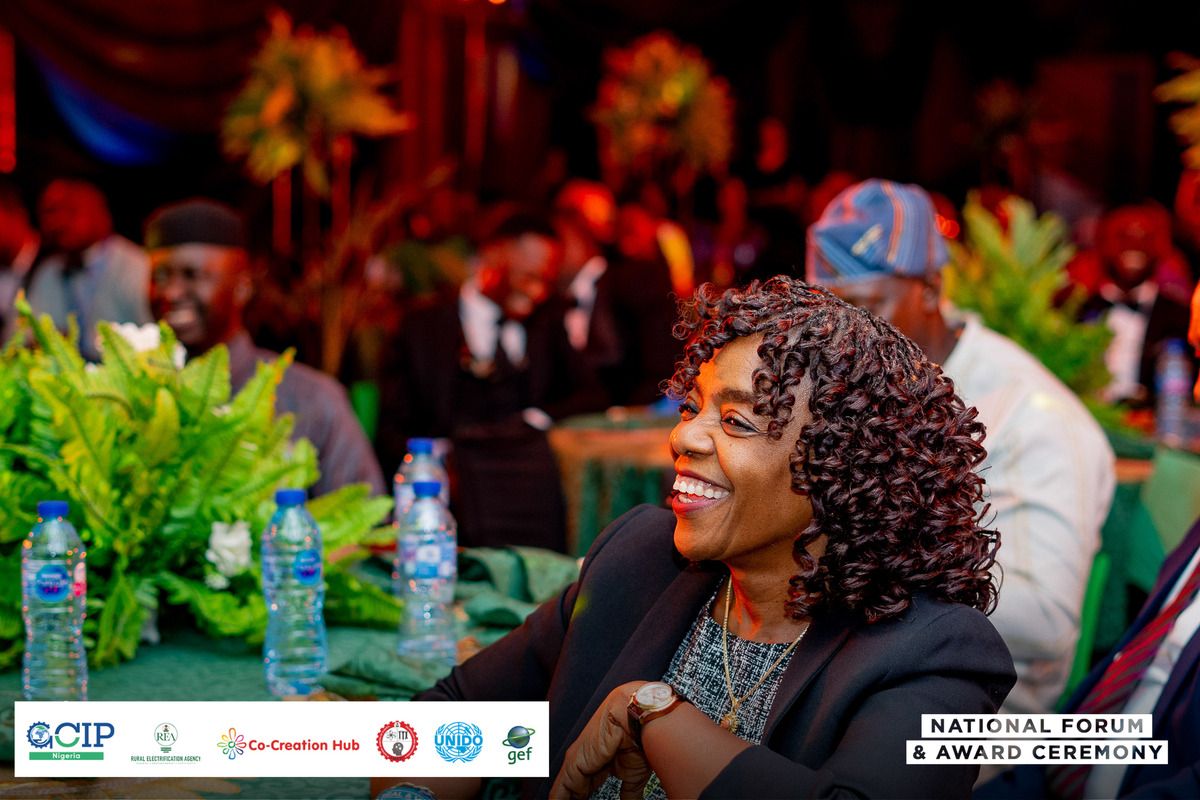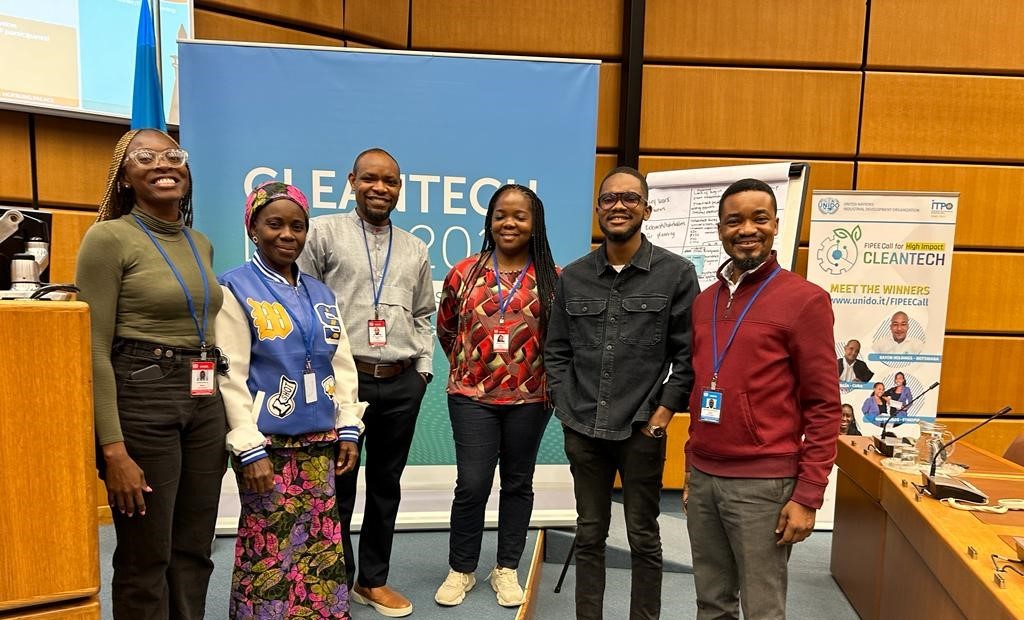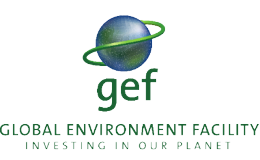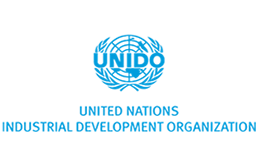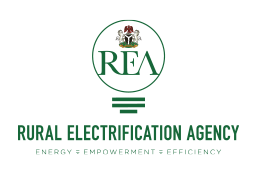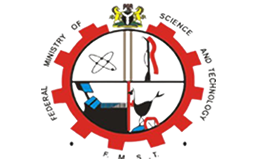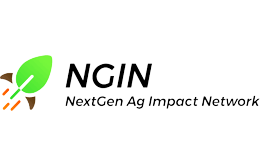Global Cleantech Innovation Programme
GCIP is a program coordinated by the United Nations Industrial Development Organization (UNIDO) and funded by the Global Environment Facility (GEF) to promote cleantech innovation and entrepreneurship in order to address the most critical climate and environmental concerns.
Learn more
Learn about Global Cleantech Innovation Programme
GCIP is being implemented in Nigeria in conjunction with the Federal Ministry of Science, Technology and Innovation (FMSTI), Rural Electrification Agency (REA) and Co-Creation Hub (CcHUB)
The broad objective of the program is to incentivize cleantech SMEs and start-ups which have the potential to lead the transition to low-carbon economies to scale up and become market worthy and investment ready enterprises to compete favorably with traditional un-clean technologies widespread in the market, whilst also creating job opportunities and incentivizing social inclusion.
Accelerating Cleantech SMEs from Reputable Incubation Hubs
The REA Component of the GCIP program is aimed at addressing the challenges experienced by start-ups and SME’s in developing their business models and acquiring financing while also seeking to harvest and nurture innovative approaches to rural electrification.
The program seeks to create an alternative strategy to foster innovative solutions with a focus on SMEs with proven track record from reputable incubation hubs across across the country to compete for scale up grants via a transparent evaluation criteria.
The program will empower start-ups and SMEs with financing to be able to upscale and compete favourably against traditional un-clean technologies currently flooding the market.
REA Component Summary
The REA executes output 1.2.4 of Component 1 of the GCIP program which is aimed at the design and operationalization of the financial mechanism for disbursement to the most reputable SMEs, in a bid to foster private sector initiative, entrepreneurship and engagement, to accelerate the uptake of investment in innovative cleantech solutions.

Beneficiaries & Eligible Technologies
The estimated beneficiaries of the GCIP advanced business growth and investment facilitation funds would be 12 enterprises, 35% of whom are expected to be female-led enterprises across focus areas such as Energy Efficiency, Waste benefication, Renewable Energy, Green Buildings, Advanced Materials and Chemicals & Transportation

Frequently Asked Questions
2. Waste benefication
3. Transportation
4. Renewable Energy
5. Green Building
6. Advance Materials and Chemicals
Contact Information
- Address: 22 Freetown Street, Wuse II Abuja.
- Phone Number: +2348102477720
- Email: gcip.nigeria@rea.gov.ng




